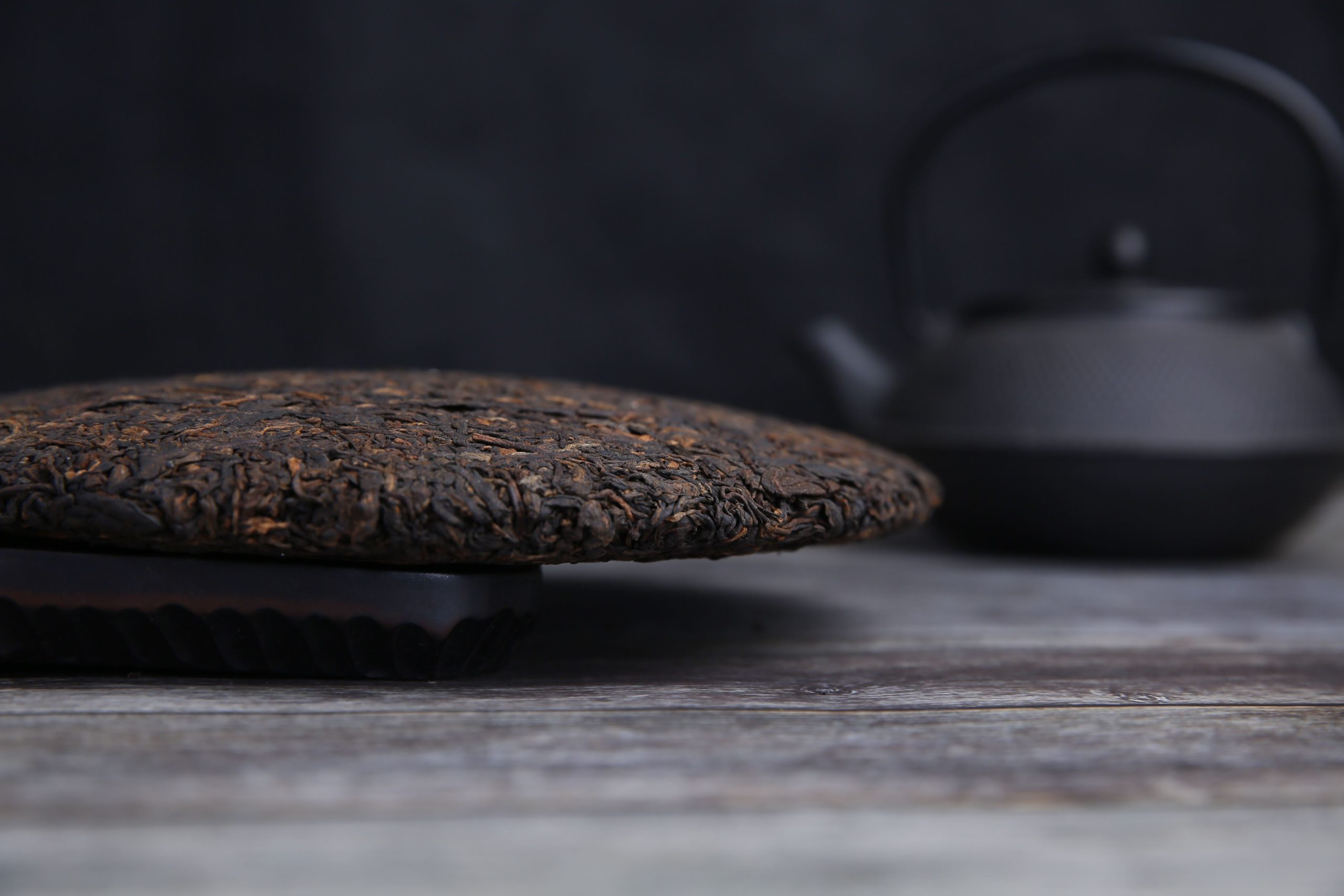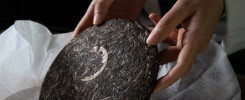If you’re a tea enthusiast, you might have heard of Puer tea, a type of fermented tea that comes from China’s Yunnan province. It is a kind of Chinese tea. While Puer is known for its unique flavor and potential health benefits, many people wonder about its caffeine content. So, how much caffeine is in Puer tea? Let’s take a closer look.
What is Puer Tea?
Before diving into Puer’s caffeine content, let’s first understand what Puer tea is. Puer tea is made from the leaves of the Camellia sinensis plant, just like other types of tea. However, what sets Puer apart is its fermentation process.

Puer tea undergoes microbial fermentation and oxidation, which gives it a distinct earthy, musty flavor. The fermentation process can take several months to several years, and it’s what makes Puer tea highly sought after by tea connoisseurs.
Puer’s Caffeine Content
Now, let’s talk about Puer’s caffeine content. Like other types of tea, Puer contains caffeine, a naturally occurring stimulant that can help boost energy and alertness. However, the caffeine content in Puer can vary depending on several factors.
One of the biggest factors that affect Puer’s caffeine content is the type of Puer tea you’re drinking. There are two main types of Puer: raw Puer and ripe Puer. Raw Puer, also known as sheng Puer, is unprocessed and typically has a higher caffeine content than ripe Puer, also known as shou Puer.
According to a study published in the Journal of Agricultural and Food Chemistry, raw Puer tea contained an average of 61 milligrams of caffeine per 8-ounce serving. Ripe Puer, on the other hand, had an average caffeine content of 39 milligrams per 8-ounce serving.

It’s worth noting that these numbers are averages and can vary depending on the specific type and batch of Puer you’re drinking. Additionally, factors such as brewing time, water temperature, and the amount of tea leaves can also affect Puer’s caffeine content.
Benefits and Risks of Puer’s Caffeine
While moderate caffeine consumption can offer potential health benefits such as improved focus and mood, excessive caffeine intake can have negative effects on health. Some of the potential risks of consuming too much caffeine include anxiety, insomnia, and cardiovascular issues.
However, it’s also worth noting that Puer tea contains a unique amino acid called theanine, which has been shown to potentially offset some of caffeine’s negative effects. Theanine can help promote relaxation and reduce anxiety, which can help mitigate the jitters and negative side effects that some people experience with caffeine.
Additionally, Puer tea also contains other potential health benefits, such as antioxidants and anti-inflammatory compounds, which can help support overall well-being. To learn more about the benefits and side effects of Pu-erh tea, please read “What is Puerh tea good for?“and”What are the side effects of Puer tea?“.
Final Thoughts
In conclusion, Puer tea contains caffeine, with raw Puer typically having a higher caffeine content than ripe Puer. While moderate caffeine consumption can offer potential benefits, it’s important to be mindful of potential risks associated with excessive caffeine intake. At the end of the article, maybe you will be interested in another question “Does Puer tea help you sleep?“, you might as well take a look together.
If you’re sensitive to caffeine, it’s best to drink Puer in moderation or opt for caffeine-free alternatives. As with any type of tea or beverage, it’s always a good idea to talk to your healthcare provider about how much caffeine is safe for you to consume.
If you want to buy tea, you can buy longtea, click to jump to the Puer tea store. Buy now and enjoy 30% off.

